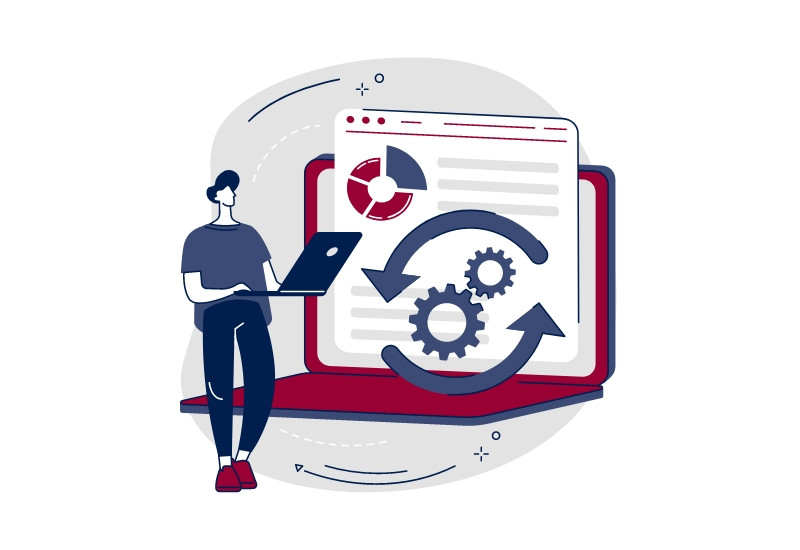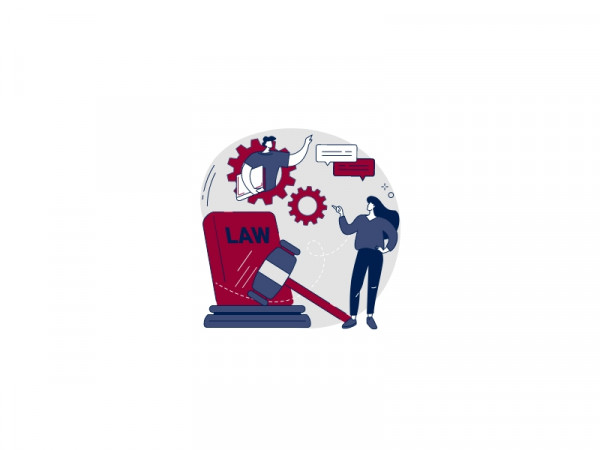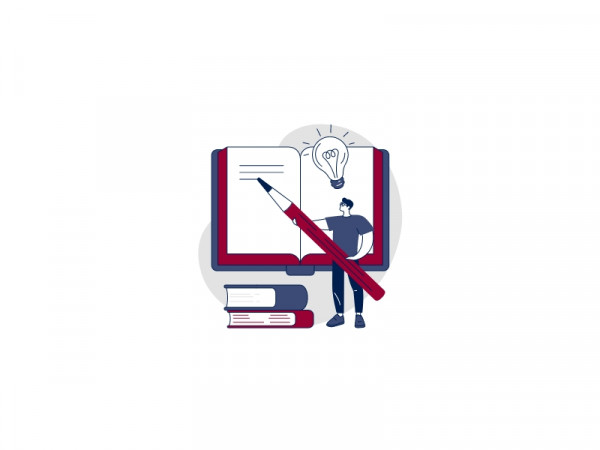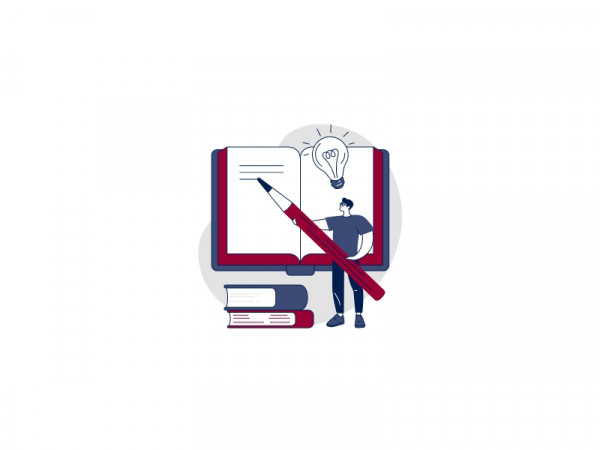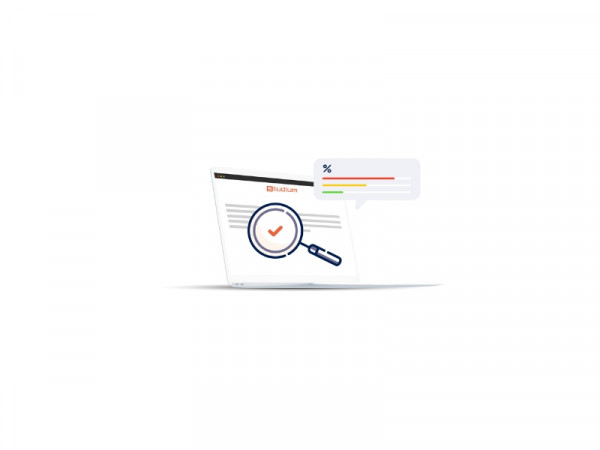Max is finishing his master's degree. He is asked to write a thesis to demonstrate his academic training. He chose to address a topic he had already studied before and wishes to continue this work. Only, he wonders if this is going to be considered self-plagiarism. As we know, plagiarism is attributing others' work to yourself. And, when you reuse an old assignment, you might think you're not harming anyone. Can you plagiarize yourself by plagiarizing your own work? Why waste time writing new content if you've already covered the subject in a previous assignment?
When working on an individual written production (report, dissertation, thesis, internship report, article or essay..), whenever existing texts are quoted, it is imperative to apply citation rules even if the author is the same as the original document. Since it is a different work, it is important to lay out what constitutes the «old» production and what belongs to the «new» production.
In this article, you'll find self-plagiarism explained, along with key examples of self-plagiarism and practical tips to avoid it.
Summary


